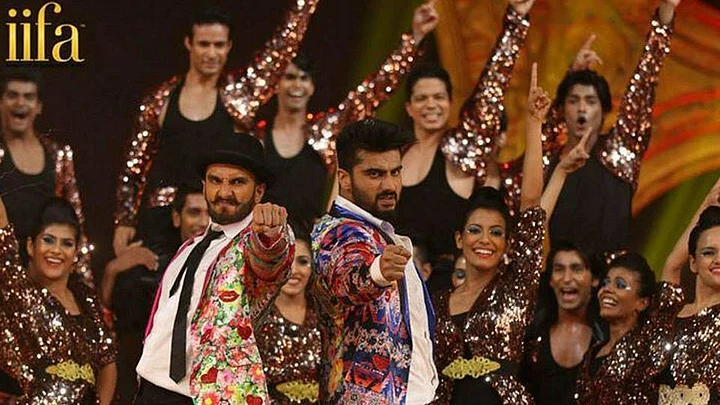The United Kingdom tops a 30-country index on soft power and China comes in, just under the wire, at number 30. India didn’t make the cut.
Portland Communications, ComRes and Facebook have released the “world’s most comprehensive and accurate index of soft power to date”. That’s a direct quote from their own website.
Some of the countries that did make the list include Canada, Sweden, Netherlands, Denmark, Austria, Finland, New Zealand, Belgium, Norway, Poland and the Czech Republic.
Yes, all of them ranked higher than China, which was the closest the index got to any of the South Asian countries!
You could call this a case of sour grapes but I think The Economist probably got it right when it said, “Diplomats in Beijing won’t lose too much sleep over the index”.
This is the part where I add a disclaimer – I am not a statistician nor an economist. I do, however, understand soft power to some degree, though I can’t remotely compare to the esteemed Joseph Nye, the man who introduced the concept (and who wrote the foreword for this index).
The Pillars of Soft Power
The index takes into account six sub-indices of data – engagement, culture, government, education, digital and enterprise. Neither India nor China scored high enough on these. The report says that these draw from Joseph Nye’s three pillars of soft power – political values, culture and foreign policy.
Now, of course, the research is backed by scientific reasoning and the metrics for each sub-index have been clearly listed out. It’s understandable that India might score low on poverty, gender, equality and sanitation indices. But, from a layperson’s perspective, it’s a little difficult to understand why no country from the cultural powerhouse region of South Asia made it to the list.
In terms of political values, India is the world’s largest democracy – as is oft cited by all and sundry. It has also retained its democratic nature despite global scepticism in the years immediately after colonial rule.
The index did see fit to dedicate a page and a half to ‘The Modi Effect’ in honour of the Indian Prime Minister who has overtaken Barack Obama in terms of social media presence. The same PM is currently travelling the world to pursue his foreign policy agenda and is making waves. He’s made it to 15th place on the Forbes Most Powerful People ranking. Putin comes in first and Russia didn’t make it to the index either.
This brings us to culture. From International Yoga Day to words like pyjama, bungalow, pundit, shampoo and, of course, avatar, India’s global cultural influence is a little difficult to question. And let’s not even get started on Bollywood and cricket. And before the purists shout themselves hoarse from the rooftops, let me clarify.
“Cricket is an Indian game accidentally discovered by the English”
— Ashis Nandy, The Tao of Cricket
Eurocentric Bias?
If my query about why India didn’t make it to this list is coloured by the fact that I am an Indian, then perhaps it’s worth noting that two of the three organisations that undertook this study – Portland Communications and ComRes – are based in the United Kingdom. Facebook, of course, is based in the third-ranked United States of America.
The Index also accounts for seven categories of international polling data. The data is from 7,250 people across 20 countries. A significant number of nations but still less than the 30 countries that made the list.
Seems a bit eurocentric to the untrained eye, especially when one realises that 18 of the 30 nations that made it to the Index are European and 6 countries from the continent made it to the top 10.
(At The Quint, we question everything. Play an active role in shaping our journalism by becoming a member today.)
